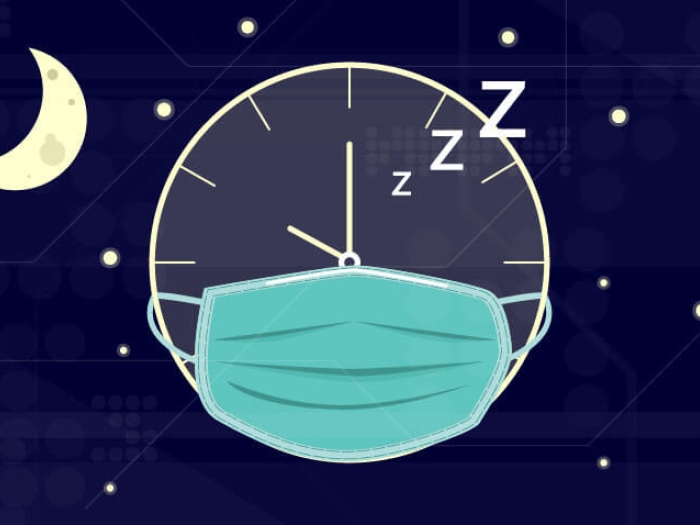
A new Michigan Medicine study shows that middle-aged people living in the U.S. today have worse health than their English counterparts, and the difference in health between rich and poor is much larger in the U.S. Even the top income earners in their late 50s and early 60s in the U.S. have higher rates of diabetes, high blood pressure, arthritis, and mental health conditions than their English peers, despite earning nearly twice as much in after-tax income.
Read the full article on the U-M Health Lab Blog.

Health Lab
New study measured continuous heart rate, step count, sleep data and daily mood scores. The researchers also estimated circadian time and time awake from minute-by-minute wearable heart rate and motion measurements.

Health Lab Podcast
U.S. emergency departments see 96% fewer visits, $7.6 million less in medical costs after FDA approval of over the counter emergency contraception.

News Release
A collaborative partnership dedicated to improving statewide cardiovascular care and outcomes — hosted at Michigan Medicine — received national recognition for efforts in patient safety and quality. BMC2 received the award for its significant improvements in the documentation of radiation use, a decrease in high-dose radiation exposure and reduction in opioid prescribing rates for patients.

Minding Memory
In 2009, the Health Information Technology for Economic and Clinical Health Act, wow, that's a mouthful, more commonly known as the HITECH Act, spent billions to promote the uptake of electronic health records by US hospitals. Fast forward more than a decade later, and now approximately four out of five healthcare institutions have electronic health record systems in place that integrate clinical notes, test results, medications, diagnostic images, et cetera. The adoption of EHR systems into healthcare introduces new and exciting opportunities to extract information that can be used to augment other types of data for research. As you might imagine though, it can be tricky to pull out meaningful information from the text of clinical notes. In this episode, we'll speak with a University of Michigan researcher, Dr. Vinod Vydiswaran, who's been developing methods to identify dementia from EHR data.

Health Lab Podcast
A large study shows having bipolar disorder is associated with a four- to six-fold risk of dying prematurely, suggesting more preventive efforts needed. Visit Health Lab to read the full story.

Health Lab Podcast
Urinary tract infections are a pain. A doctor explains how to banish them for good. Visit Health Lab to read the full story.